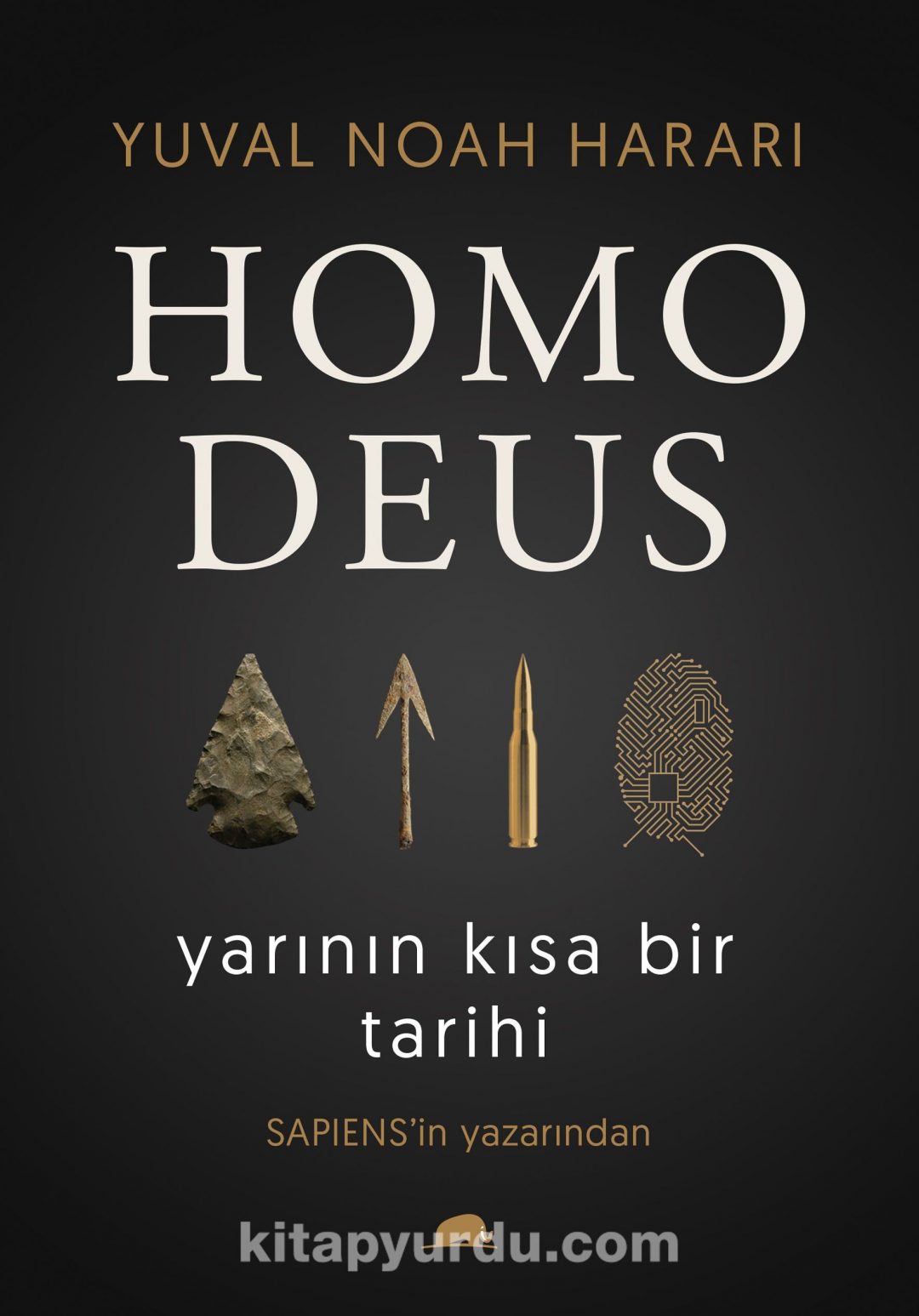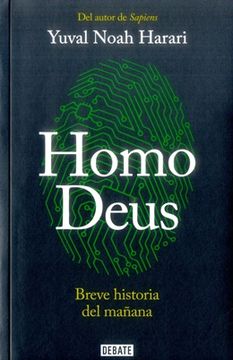
The narrating self, the one that tells the story, has a tendency to remember the most painful moment and the end moment, rather than a detailed play-by-play of what actually happened. History majors may yet inherit the earth.Ĥ) I Understand Why I Went Through the Torture of Childbirth, Nearly Died, and Then Willingly Had Sex and Did It All Over Againīefore the pain became so excruciating that I couldn’t think, I spent much of my second labor wondering, why? If my life is a story that I tell myself, then shouldn’t the pain I experienced during my first labor stop me from doing this again? Within a larger conversation about how we think and make decisions, Harari explains the peak-end rule. The new story will explain that, “our present situation is neither natural nor eternal.” Our lives become the stories we decide to tell ourselves. Instead of shrugging when my capitalist uncle asks, again, why I bothered to study history, I will tell him this: History can liberate us from the past. If you want people to gain rights or build equality in the world, Harari makes the case that the first step is to retell the history. Here are the top five:ĥ) I Feel Assured My History Degree Was Not a Waste of Time Should you read Homo Deus? I did and it changed my life in a number of ways. This is a brave book for a brave new world. But much like Gladwell’s “ Revisionist History” podcast, the point of Homo Deus is not to make predictions, but to loosen the grip of our past so that we can ask better questions and be more imaginative about the future. Malcolm Gladwell-style criticism will undoubtedly be leveled at a historian who has dared to pluck examples from philosophy, biology, psychology, and other disciplines in order to peer into the future. The review of core ideas, like the value of money and humanism, are a necessary set up for the thrilling third part of the book.Īnd it’s this third part of Homo Deus, where Harari plays a sort of proviso-prophet, that is especially fascinating. Those who have read Sapiens may feel that some of the ideas in the second part of Homo Deus are familiar, but I urge you not to skip forward. As self-made gods, what new world should we create? In an age where making sense of the world feels something like trying to take a sip of water from a fire hose, Harari has a unique ability to construct a captivating narrative while drawing from many disciplines.

In addition to nations, gods, and money, the self is also an imaginary concept.

Harari’s new book, Homo Deus, picks up where Sapiens left off and projects forward to imagine what we might become. We can organize flexibly around imaginary concepts, like nations, gods, and money. The book has climbed the bestseller lists since. From the Stone Age to modern day, Sapiens explains how modern humans have come to dominate our environment through our unique ability to collaborate. It went on to be translated in more than 30 countries to international acclaim and first appeared in English in 2014. Historian Yuval Noah Harari first published Sapiens: A Brief History of Mankind in Hebrew in 2011.


 0 kommentar(er)
0 kommentar(er)
